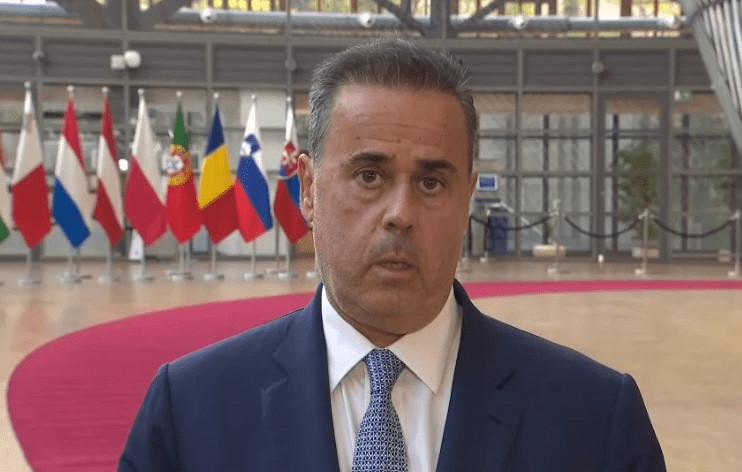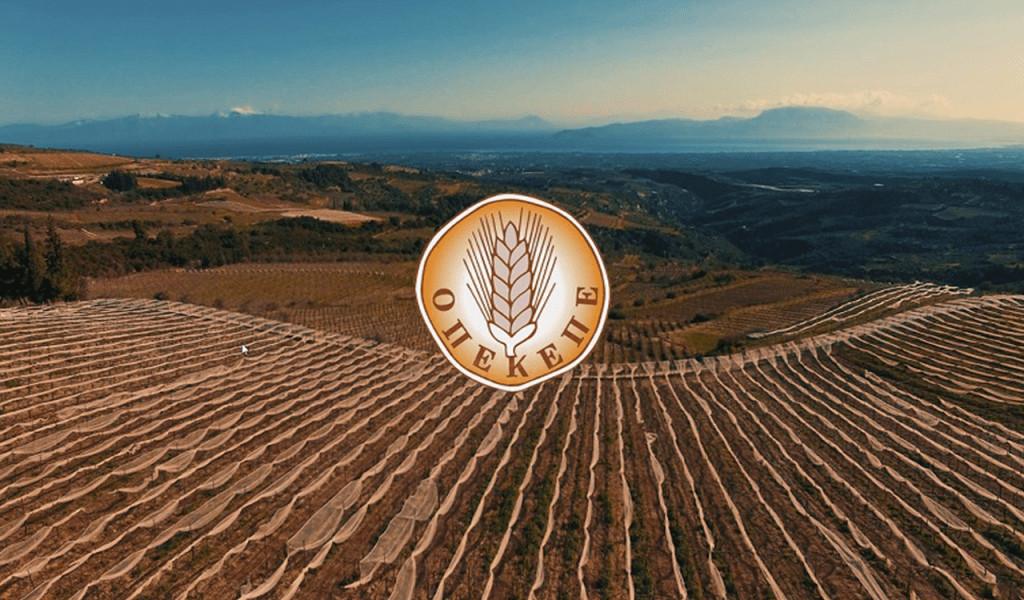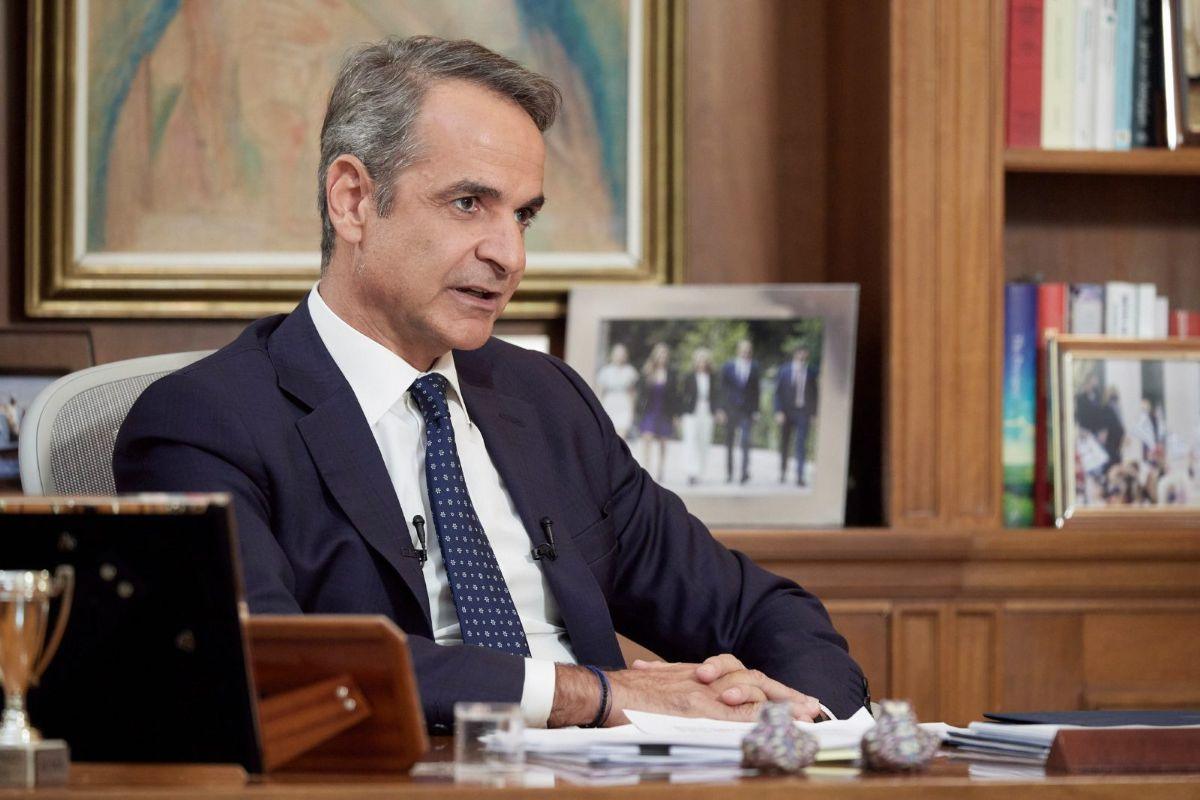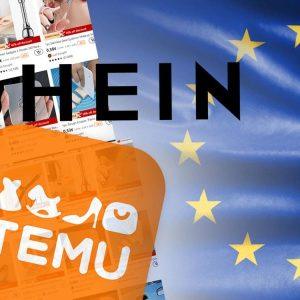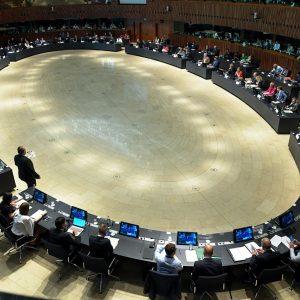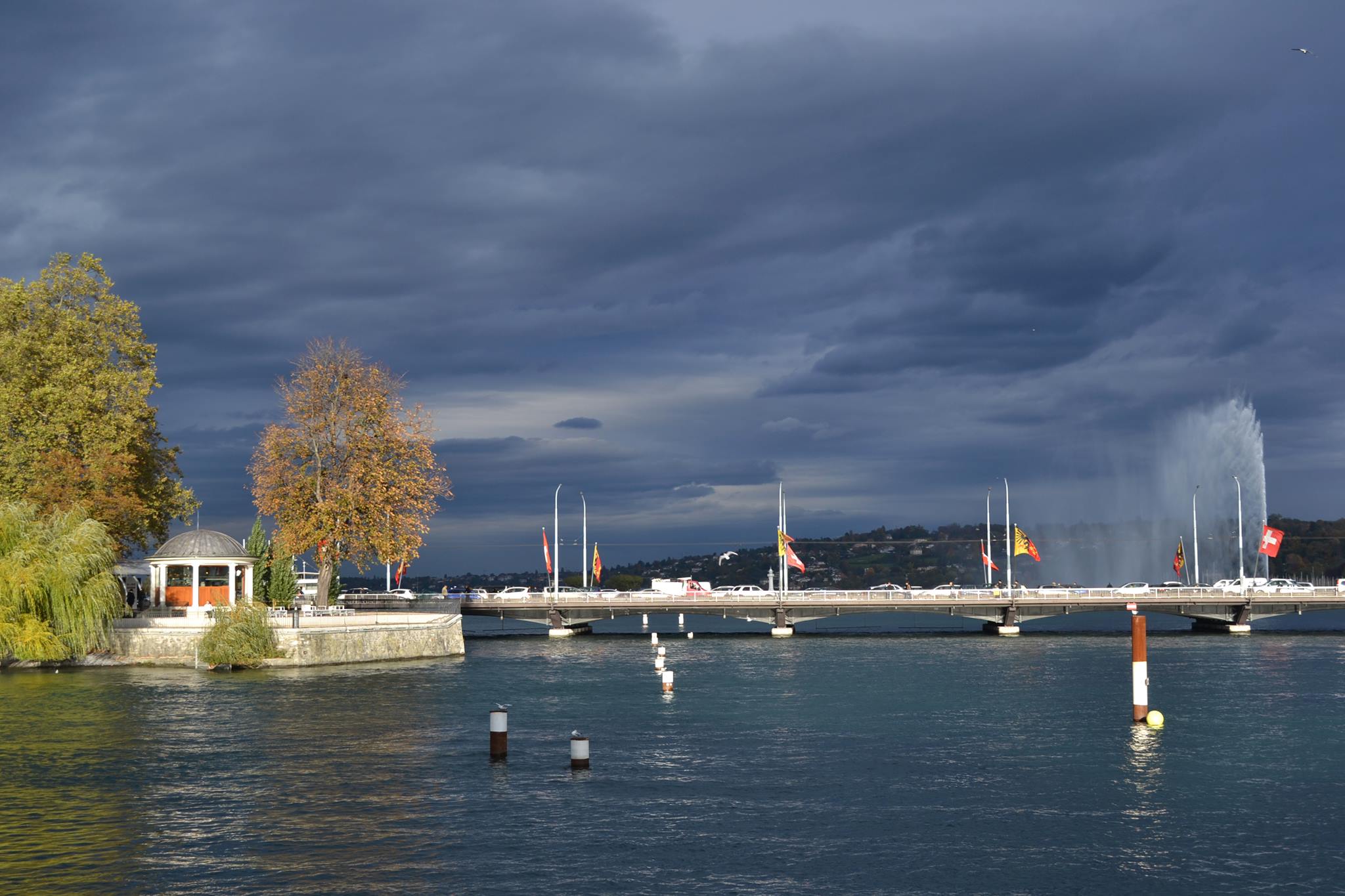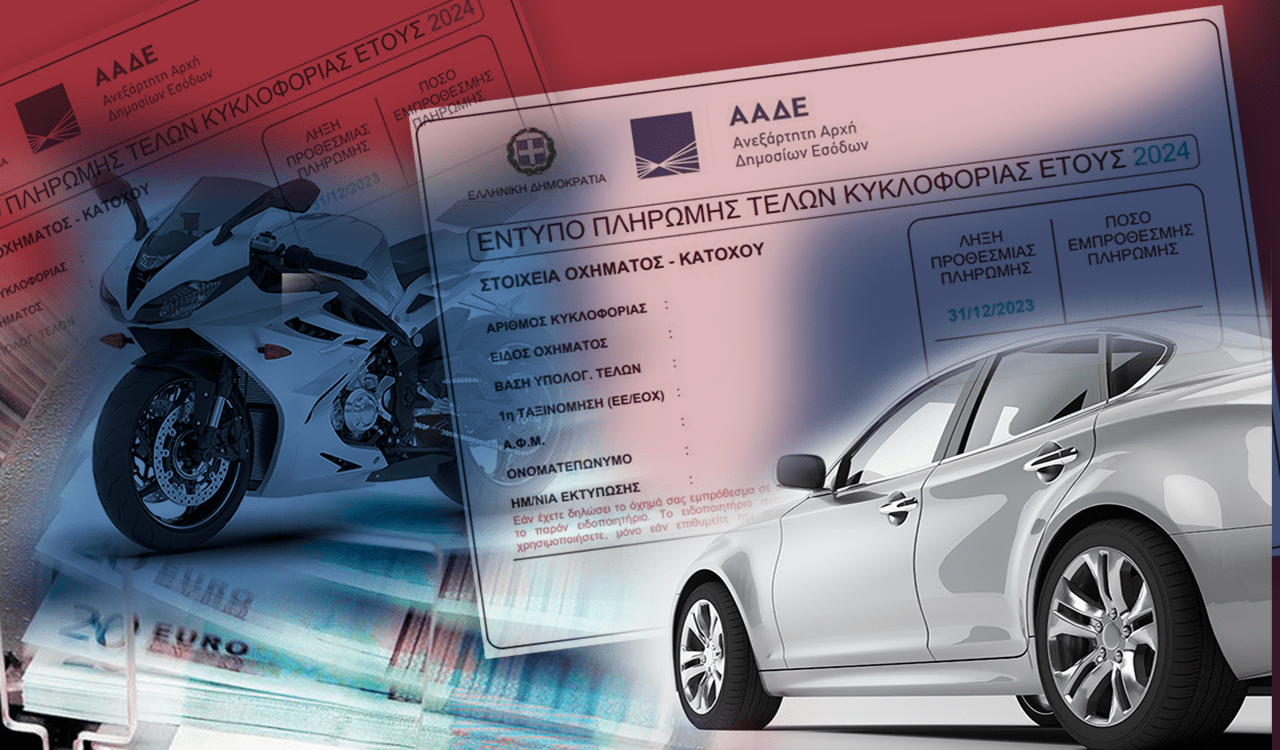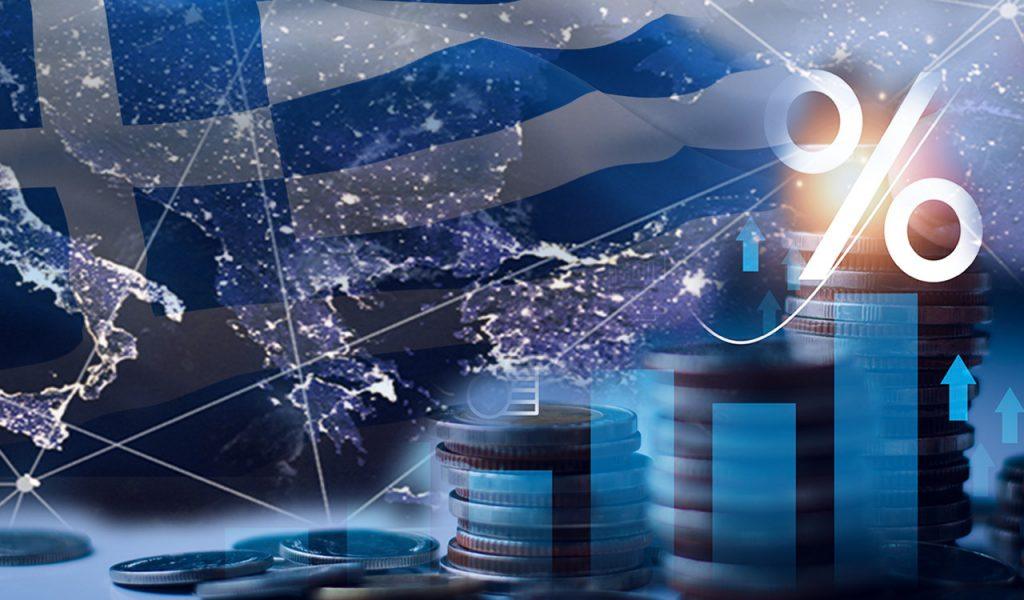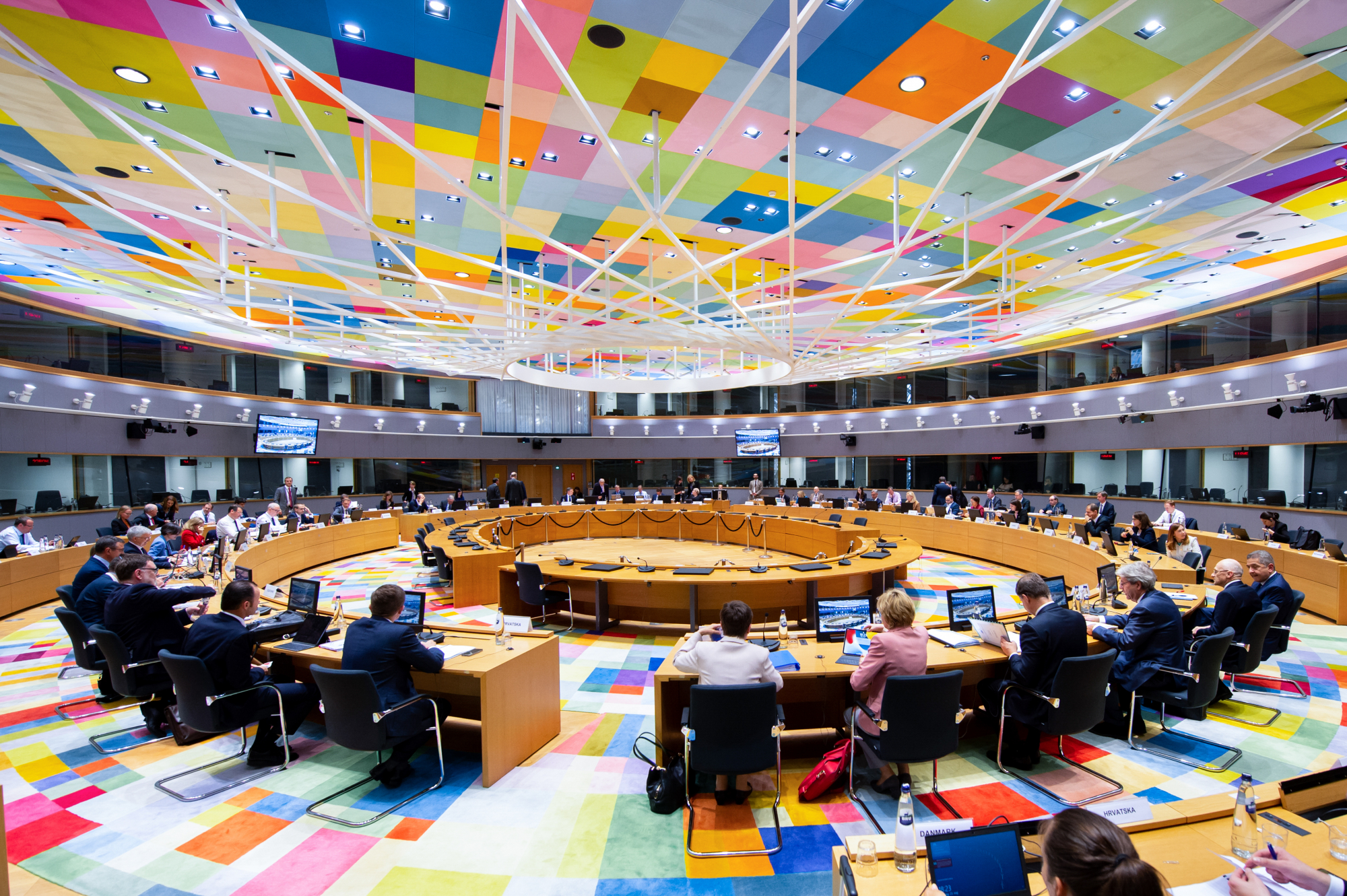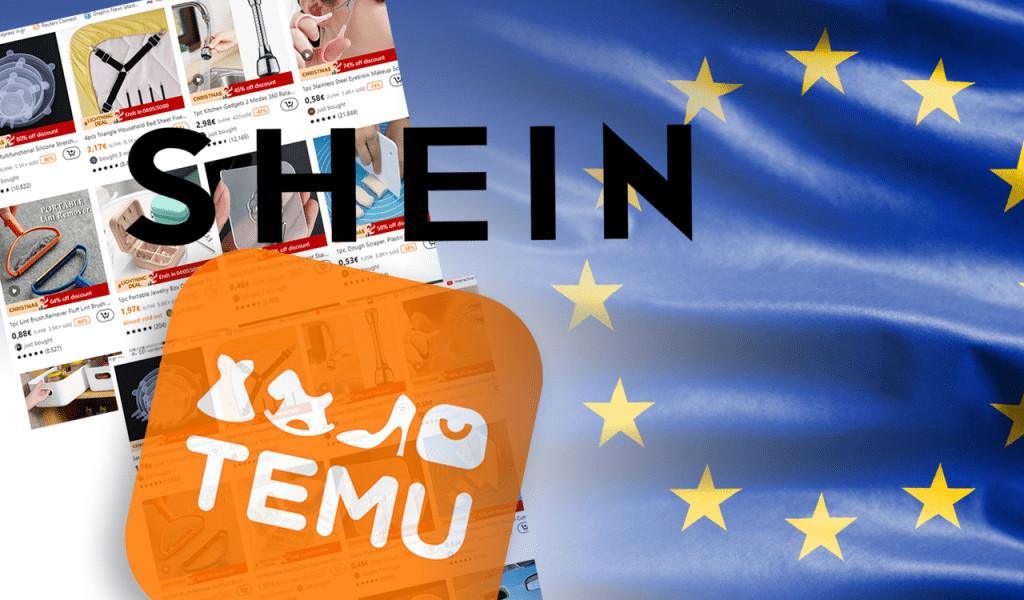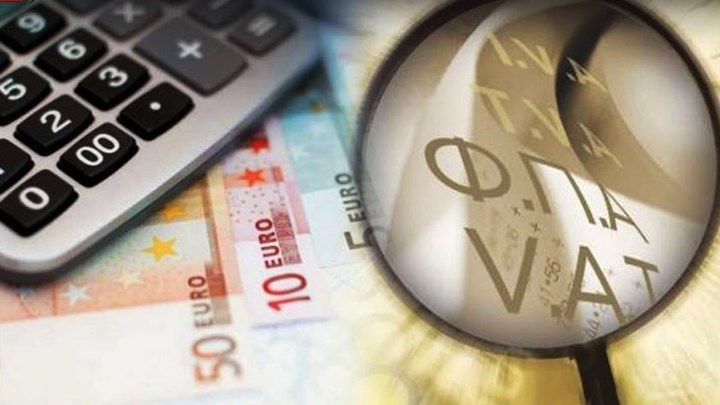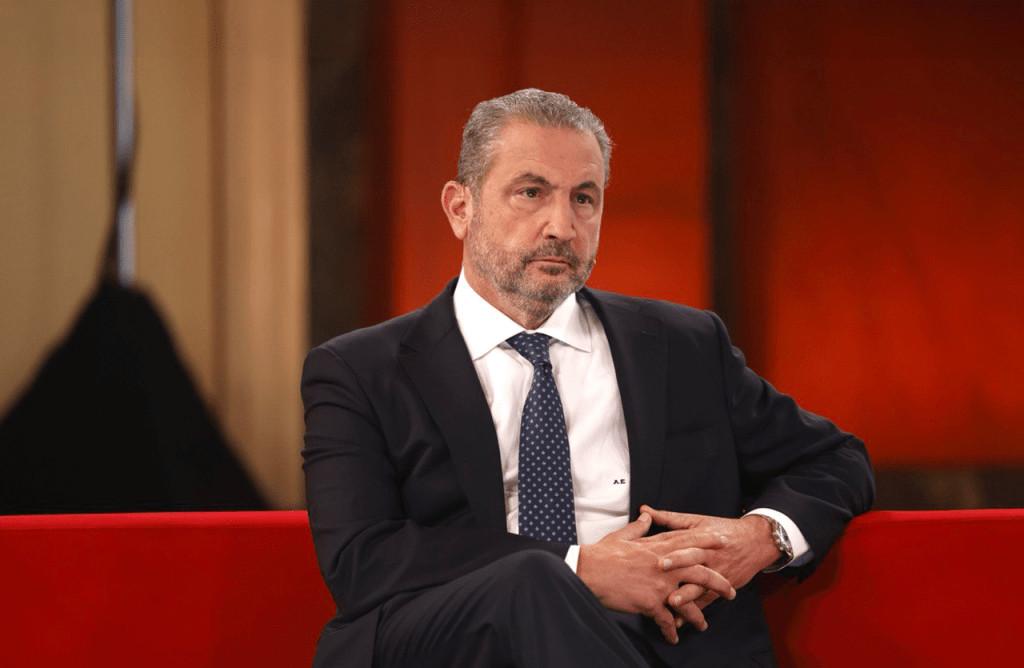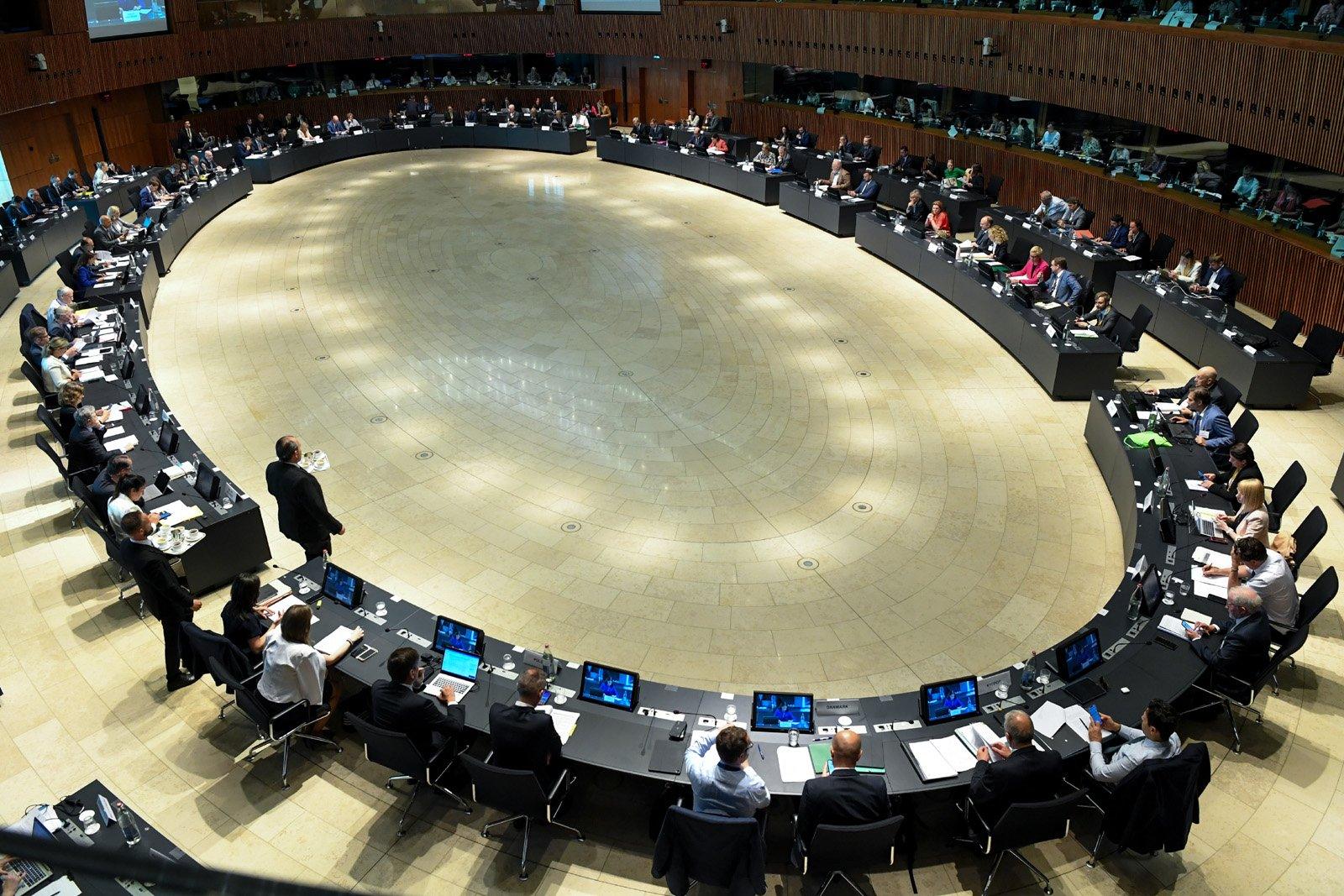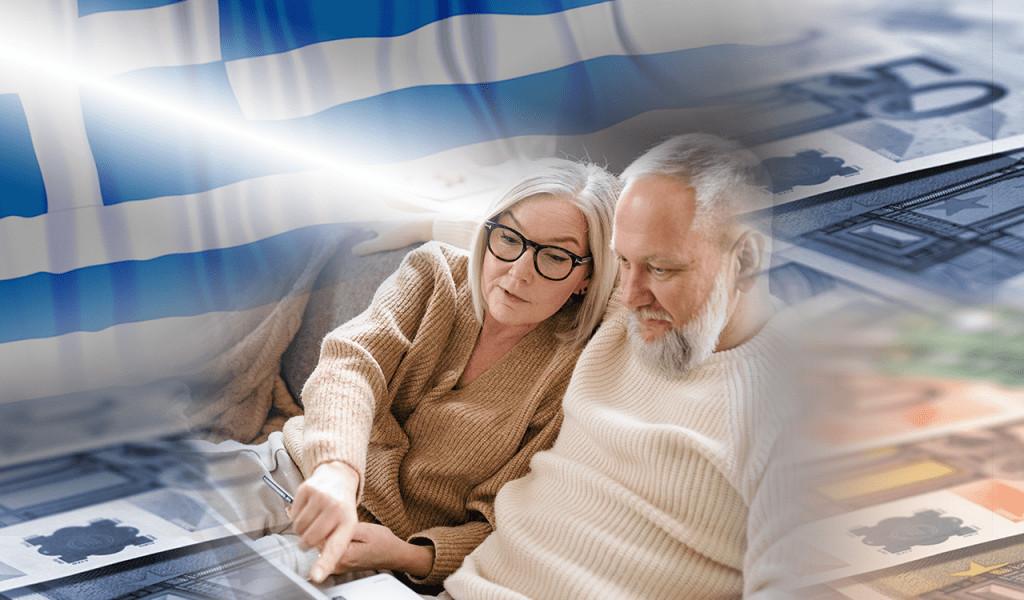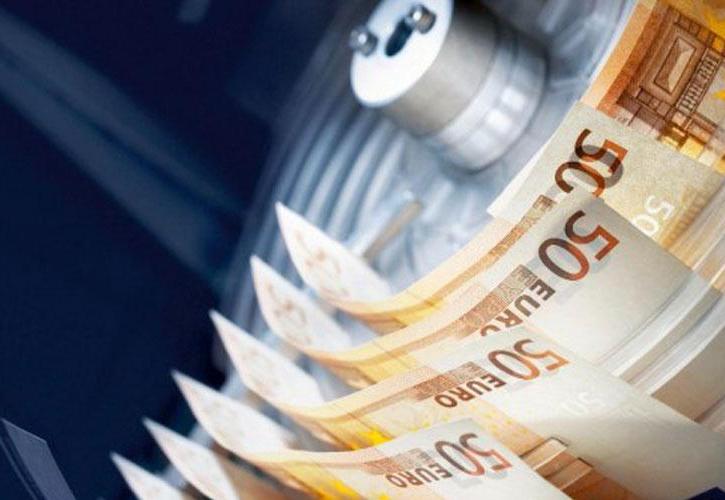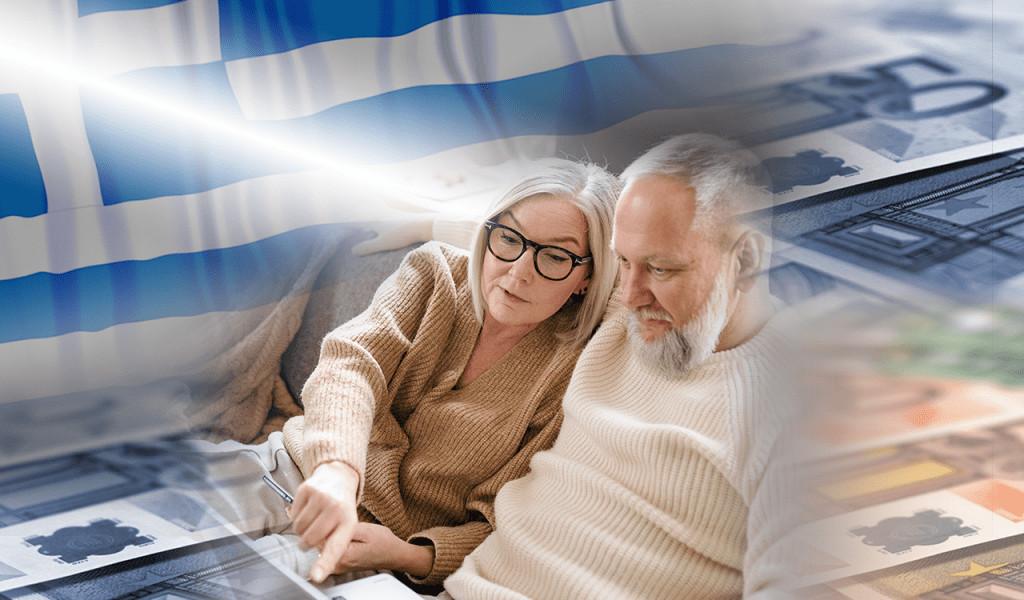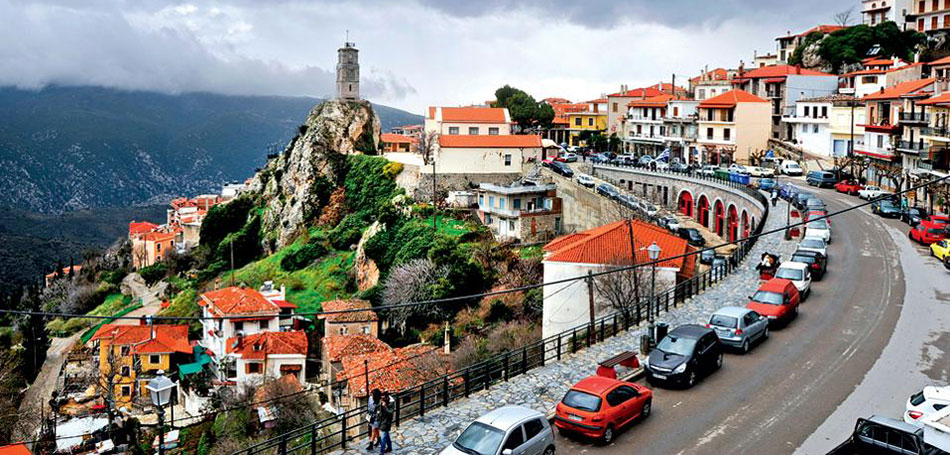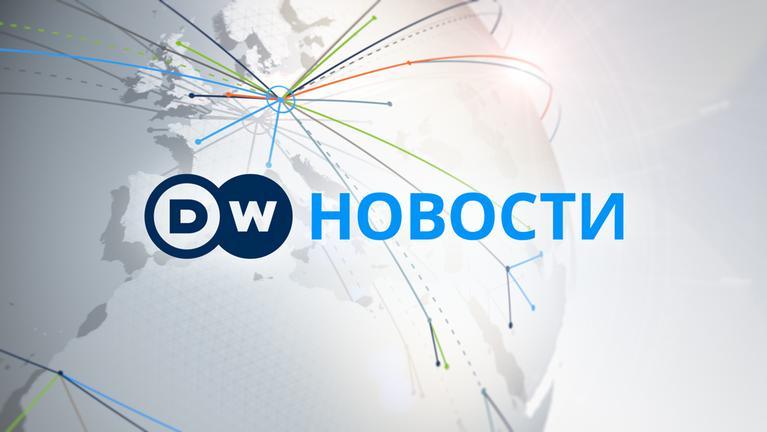The companies of the IGI Poseidon consortium that manages the EastMed gas pipeline project continue its technical maturation work, normally.
This is reported to OT by well-informed sources, who are able to know the moves of DEPA and Edison (IGI Poseidon). In this way, the same circles comment on the latest developments regarding the change of the US attitude towards the Israel-Cyprus-Greece-Italy pipeline.
The consortium, according to the sources with whom OT spoke, is in the process of a series of studies in order to reach the point of making the investment decision for the implementation of the project. In recent months, as the special research vessel, “Nautical Geo” carried out geophysical surveys in the sea areas of Crete and Cyprus in order to determine the optimal route of the pipeline. The vessel had been harassed by the Turkish navy, using as an excuse that its course was in sea areas to which Ankara has rights under the disputed Turkish-Turkish memorandum.
According to the same information, “Nautical Geo” is planned to be out again soon for depth soundings in a sea area between Greece and Italy.
Sources report to OT that IGI Poseidon insists on its position concerning the economic viability of the pipeline, citing recent high gas prices. In fact, interlocutors of OT typically claim that “EastMed was sustainable with much lower gas prices”. However, the same circles recognize the geopolitical dimension of the project and the relative diplomatic tensions that are caused. However, according to them, the technical and financial viability of the pipeline is not in question.
It is also recalled that the preliminary environmental study of the pipeline was recently put to public consultation.
The investment plan
The EastMed pipeline is an ambitious investment plan by DEPA and Italian Edison dating from the early 2010s.
The project was designed with the political support of the countries of Greece, Israel, Cyprus and initially Italy and the European Union. It aims to transport quantities of natural gas from the fields of the Southeastern Mediterranean, specifically Cyprus and Israel to the EU.
The countries of Greece, Cyprus and Israel had signed a transnational agreement for the project in January 2020, while the USA was an ardent supporter of the approximately 1,900 km – long pipeline.
In April 2021, on the political initiative of the Ministers of Energy of Greece, Kostas Skrekas and Israel, Jouval Steinic, a total of eight countries (Greece, Israel, Cyprus, Bulgaria, Romania, Serbia, Northern Macedonia and Hungary) sent a letter to the Commissioner for EU Kadri Simpson of whom they asked for the support of the project as well as the alternative route of the quantities of natural gas to the countries of the Balkans and Central Europe. It is recalled that EastMed is designed to end up underwater in Italy.
Its expansion to the aforementioned Balkan countries will take place through interconnected pipelines. The gateway for the transfer of gas quantities is planned to be the Greek natural gas system to which EastMed will be connected.
The launch of the pipeline aims to diversify the EU’s energy supply sources, given that the main supplier of the Bloc is the Russian Gazprom.
The quantities of natural gas that would be transported through the pipeline were estimated at 10 to 20 billion cubic meters.
The EU has included the EastMed pipeline in projects of common interest and to this end is funding preliminary and other studies.

